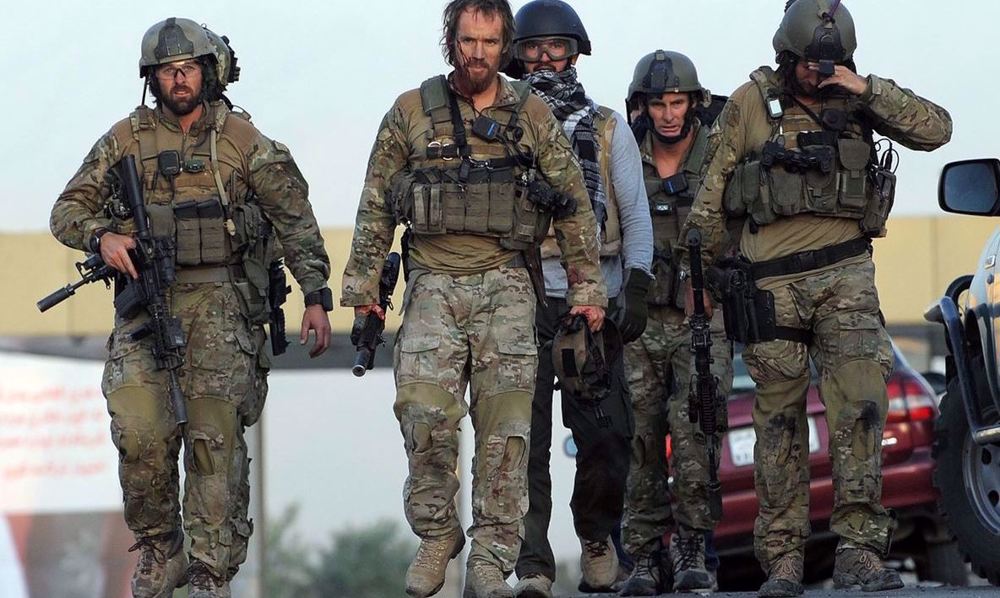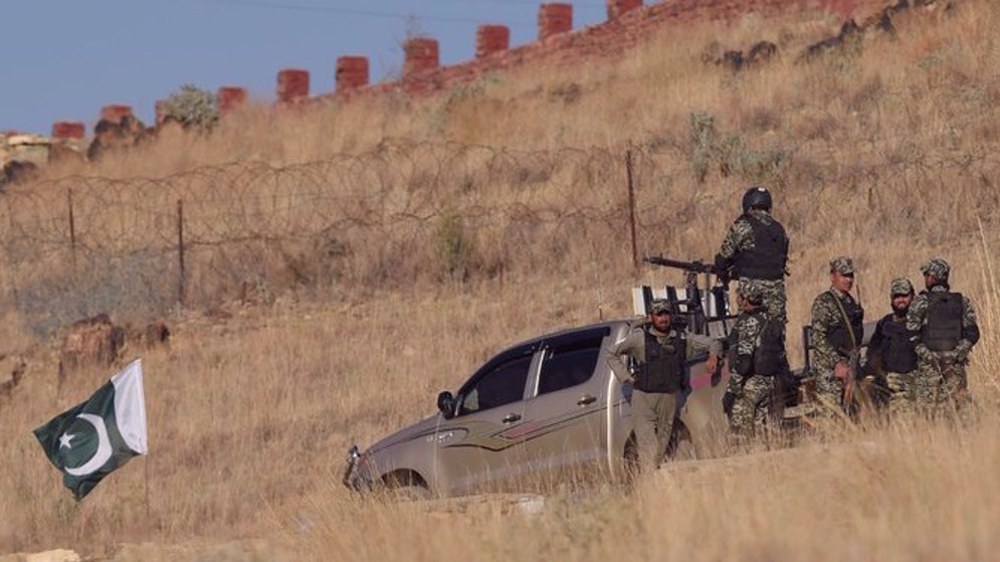Death toll from recent Taliban attack in Kabul rises to 64
The death toll from the recent Taliban attack in Kabul has risen sharply overnight from 30 to 64, the Afghan Interior Ministry says.
"It is with regret that I announce that 64 people were killed and 347 others wounded in yesterday's Kabul attack. Most of them are civilians," the ministry spokesman Sediq Sediqqi said on Wednesday.
Senior Afghan security officials had earlier put the death toll at 30.
This came after several seriously wounded people succumbed to injuries at hospitals across the capital during the night. Family members of the victims gathered at area hospitals awaiting word of their conditions overnight.
The bomb and gun attack, claimed by the Taliban, targeted the offices of Afghanistan's main security agency in a densely packed Kabul neighborhood during the Tuesday morning rush hour.
Elsewhere in his remarks, Sediqqi accused Taliban militants of carrying out crimes against civilians, saying, "These brutal acts of Taliban are a crime against humanity and it's a war crime. The massacre of civilians and the carrying out of suicide attacks in a residential area is a clear sign of a war crime."
Meanwhile, thousands of mourners in Kabul held emotionally charged funerals for the victims of the attack on Wednesday.
Reacting to the massacre, Afghan President Ashraf Ghani said in a post on social media that most of the casualties were civilians, including women and children. The president also vowed to avenge the killing of Afghan civilians.
"The victims of (the) terrorist attack are all fathers, brothers or children of people," Afghan President Ashraf Ghani said on Twitter, adding, "We will avenge every drop of Afghan blood."
The attack is considered as the deadliest militant assault in the Afghan capital for years.
In December 2011, more than 50 people were killed in explosions in the Afghan capital and the city of Mazar-i-Sharif in the north of the country. The deadly blasts struck on the day of Ashura, when people were commemorating the martyrdom of the third Shia Imam, Imam Hussein.
The Taliban have stepped up attacks against foreign troops and Afghan security forces since announcing the start of their spring offensive last week. The Taliban said in a statement that the campaign begun at 5:00 a.m. local time (0030 GMT) on April 12.
The militants also dubbed the offensive “Operation Omari” in honor of Taliban founder and long-time leader, Mullah Mohammad Omar, who purportedly died at a hospital in Karachi, the main seaport and financial center of Pakistan, in April 2013.

Afghanistan points finger of blame at Pakistan
Meanwhile, General Abdul Rahman Rahimi, Kabul's police chief, said Wednesday during a press conference that two investigative teams have been appointed to investigate the latest militant assault.
Rahimi said, "The initial reports show that the attack was planned outside of the borders of our country" — a language that Afghan officials often use to blame neighboring Pakistan.
Afghanistan’s chief executive, Abdullah Abdullah, has also postponed an upcoming visit to neighboring Pakistan following the brazen assault, saying, "The government raised the call for peace, but unfortunately the answer by the enemy was fighting, violence, bloodshed, [and] killing innocent people."
Relations between Afghanistan and Pakistan have been tense in recent years over the ongoing militancy. Senior Afghan officials blame elements inside the Pakistani spy agency, Inter-Services Intelligence (ISI), for supporting the Taliban militants, while Islamabad blames the Afghan government for giving shelter to the militants on its side of the border.
'Capitulation': Israeli officials and media concede Gaza defeat as truce unfolds
'Gaza has won': Social media users react to ceasefire with mix of relief, joy
Iran seeks South Korea’s assistance for AI, fiber-optic projects
VIDEO | Iran's 'Eqtedar' (Power) maneuver
Israel hits HTS military target in Syria for 1st time since fall of Assad
VIDEO | Press TV's news headlines
Israel has slaughtered 13,000 students in Gaza, West Bank
VIDEO | More Zionist than Zionists: Biden’s legacy to be defined by Gaza genocide
















 This makes it easy to access the Press TV website
This makes it easy to access the Press TV website